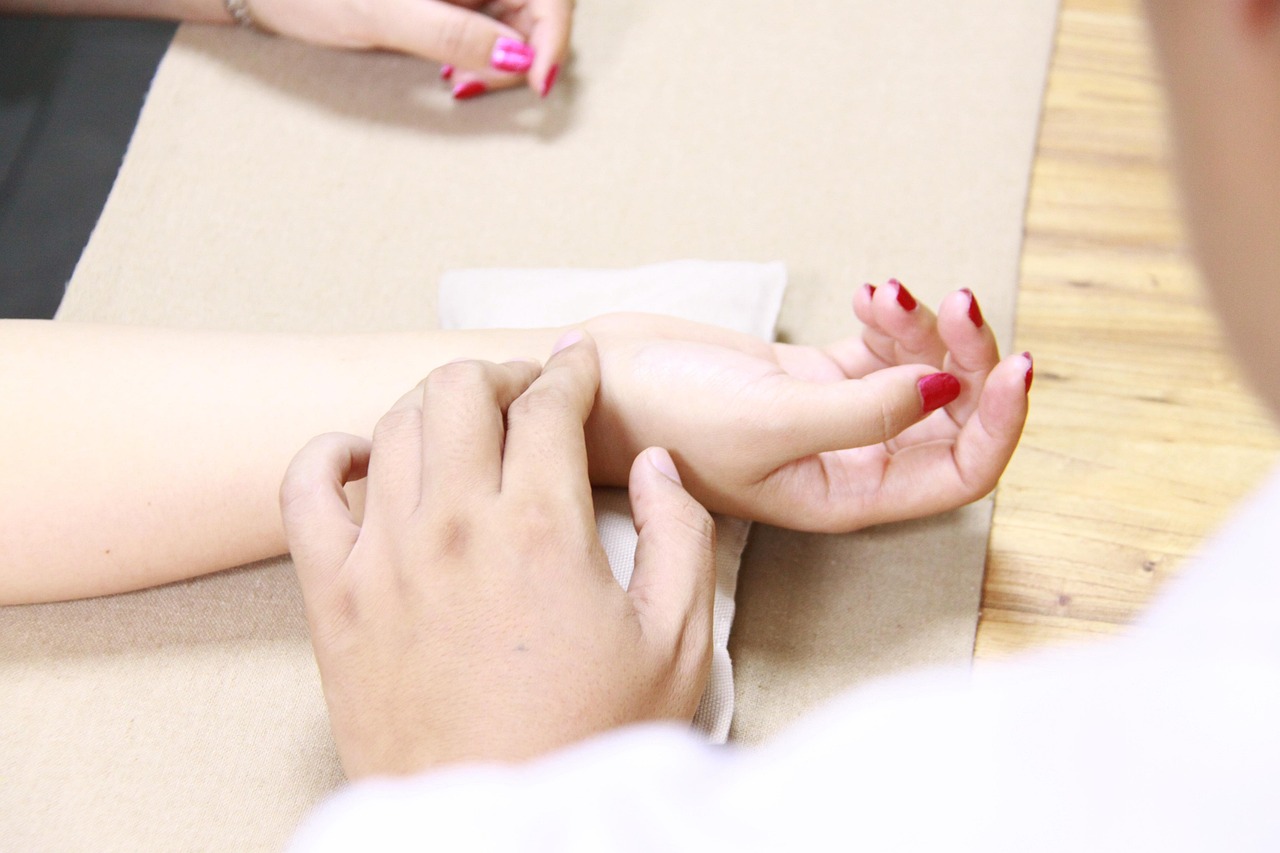If you have vision problems, you might be wondering if laser eye treatment is a viable option. Laser eye treatment is a popular procedure used to correct refractive errors in the eye, which can cause nearsightedness, farsightedness, or astigmatism.
The procedure uses a laser beam to reshape the cornea, the clear front part of the eye. By correcting the shape of the cornea, the laser eye treatment can improve your vision and reduce your reliance on glasses or contact lenses.
Before deciding if laser eye treatment is right for you, there are a few important factors to consider. These include:
- Age: Laser eye treatment is generally not recommended for individuals under 18 years of age, as their eyes are still developing. In addition, it is more common for refractive errors to change during the teenage years, making it difficult for laser eye treatment to provide lasting results.
- Health: Your overall health may affect whether or not you are a good candidate for laser eye treatment. Conditions such as diabetes, autoimmune diseases, and certain medications may increase the risk of complications during the procedure. Your eye doctor will assess your health history and determine if laser eye treatment is appropriate for you.
- Vision prescription: Laser eye treatment can correct a wide range of refractive errors, but there are limits to the amount of correction that can be achieved. If you have a severe prescription, laser eye treatment may not be able to provide the desired results.
- Lifestyle: Your lifestyle can also impact whether or not laser eye treatment is right for you. If you participate in contact sports or activities that could result in eye injury, you may not be a good candidate for the procedure.
Assuming you meet the criteria for laser eye treatment, what can you expect from the procedure?
First, you will undergo a thorough eye exam to assess the shape and thickness of your cornea. This information will be used to determine the appropriate amount of corneal tissue to be removed during the procedure.
On the day of the procedure, you will receive a local anesthetic to numb your eyes. A device called a lid speculum will be used to hold your eyelids open and prevent blinking. You will be asked to focus on a target light while the laser is applied to the cornea.
The procedure typically takes around 15 minutes per eye, and most patients experience little to no discomfort. Afterward, you will be instructed to rest for a brief period and will receive eye drops to help prevent infection and inflammation.
It is important to note that while laser eye treatment is generally considered safe and effective, there are potential risks and complications associated with the procedure. These can include temporary or permanent changes to your vision, dry eyes, and infection.
It is crucial to follow your eye doctor’s instructions for post-procedure care, which may include avoiding certain activities, using eye drops, and attending follow-up appointments.
Additionally, the results of laser eye treatment are not guaranteed to be permanent. Changes in your vision prescription, aging, and other factors can all impact the lasting success of the procedure.
Laser eye treatment can be a viable option for individuals looking to correct refractive errors and reduce their reliance on corrective lenses. However, it is important to carefully consider your candidacy for the procedure and weigh the potential risks and benefits.
If you are interested in laser eye treatment, talk to your eye doctor. They can help you determine if the procedure is right for you and provide guidance on how to achieve optimal results.







